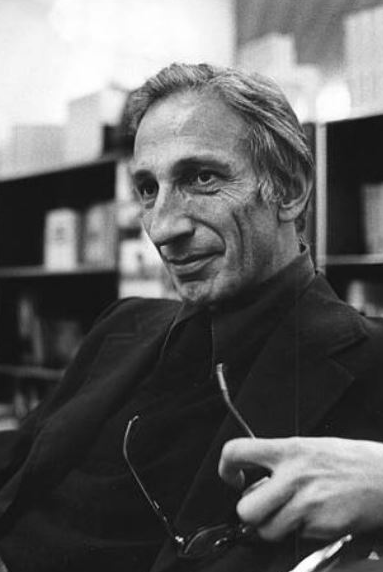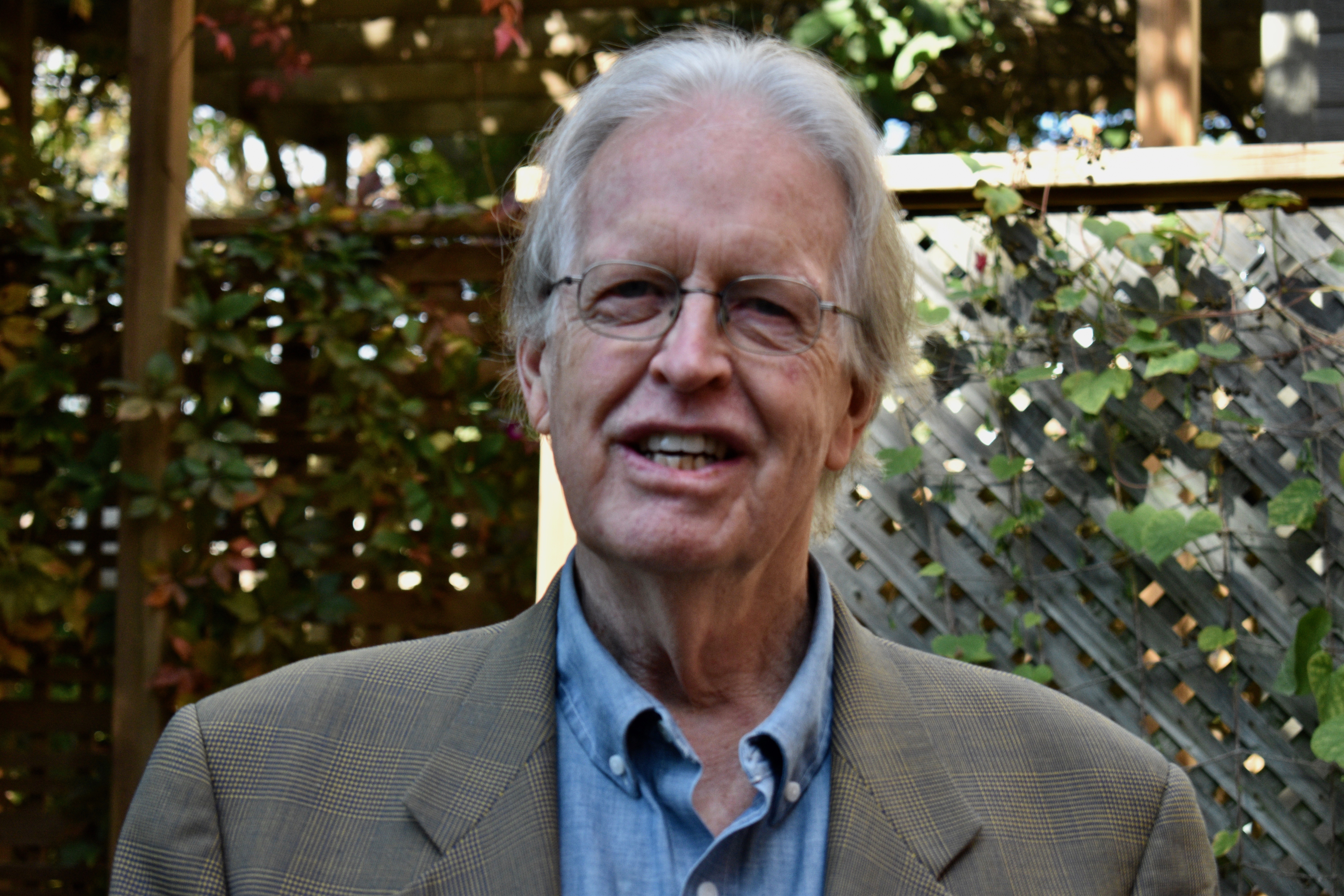What is Race? Four Philosophical Views (2019)* presents a debate among four sophisticated, current philosophers of race. All the authors are committed anti-racists who are eloquent about the evil histories of the use of race. They would take similar views on most political controversies involving race. All would reject what Kwame Anthony Appiah (quoted in Quayshawn Spencer’s chapter) called “racialism”: “the view that humans naturally divide into a small number of groups called ‘races’ in such a way that the members of each race share certain fundamental, inheritable, physical, moral, intellectual, and cultural characteristics with one another that they do not share with members of any other race.” They would all say that “racialism” is false and evil. Yet they disagree about metaphysical and methodological issues that arise when we ask what kind of a thing a race is, if it’s anything at all.
Their arguments are subtle and hard to summarize, but an example offers a way into the debate. Imagine a future state in which racial injustice is over. All implicit and explicit biases are gone. All structural inequities linked to race have been solved. All appropriate reparations have been fully paid. You can imagine this happening after many decades or centuries of political action in our real world, or as a result of a thought-experiment: aliens from another planet or divine forces have repaired things on earth. What then should happen to the word and the idea of race?
I think Sally Haslanger would say that race would then cease to exist, because it means subordination. To be a little more precise: the meaning of a social construct is the historical tradition of how it has been used in a society. Race has been used in several ways; it has multiple meanings. But one major way is as the basis for privilege and subordination in the USA. Emphasizing that aspect of the word is the right thing to do now because it “highlight[s]—in the relevant cases—how our racializing practices and identities contribute to injustice.” Once racial subordination is solved, there is no good reason to try to change the meaning of the word “race” and continue to use it. People will have races until justice prevails; after that, they will no longer have races. It can be valuable to preserve cultures, religions, and other groupings, but they should be voluntary and specific. Races don’t work like that and would no longer have any justification after the world is just. “I find problematic the idea that a just world is one in which cultural groups can restrict their membership on racial grounds. I embrace, instead, a model of multiple coexisting cultures that are mutable, flexible, and creatively tolerant around issues of ancestry and appearance.”
Chike Jeffers argues that although racial categories originated as a result of white supremacy, racial identities have developed valuable cultural significance for people of color—notably, people who identify as Black (as he does). “Everyday talk about black people, for example, is best understood as referring to a real group to which one can belong, even if such talk often involves false assumptions.” He envisions a world in which Blackness is preserved and developed even though white supremacy has been defeated. He argues that this is logically possible and also desirable. “Race as a social construction could live on past the death of racism, in my view, given that racial groups could continue to exist as cultural groups. … The continued existence of racial diversity as cultural diversity after the end of racism is therefore, in my view, something good. … [A]s someone of sub-Saharan African descent, I personally desire the indefinite persistence of black people as a cultural group.” (He argues, too, that pan-African solidarity reflects real cultural similarities across the continent before European imperialism and racism; it is not completely reactive.)
Quayshawn Spencer argues that the races currently counted by the US government refer to “human continental populations”: Africans, Eurasians, East Asians, Oceanians, and Native Americans. Races define distinctions that are useful empirically (mainly for medicine) although they could not possibly justify inequality. A “biologically real entity is an epistemically useful and justified entity in a well-ordered research program in biology.” Race meets this criterion. Thus “a Black person is a person with genomic ancestry from the African population. That’s it. … Furthermore, the degree to which a person is Black is equal to the proportion of her alleles that originated from the African population.” This would continue to be true under just conditions, although then all the associations between racial categories and health issues that result today from injustice would be gone.
Joshua Glasgow says that this situation would prove that race had always been false, and people had simply been racialized in a way that would no longer happen if the world became just. “Even if tomorrow all groups currently recognized as racial had equal power and participated equally in eating the world’s foods, dancing its forms of dance, playing its kinds of music, and so on—even in such a world, I do not think we’d say that on the ordinary concept of race Hillary Clinton somehow loses her whiteness or that Jeremy Lin stops being Asian because of those points of equality.” Therefore, the ordinary concept of race points to something independent of oppression and of culture, and as such, it is a wrong and false idea that should be rejected now. We should recognize and even emphasize racialized oppression but not concede the reality of race.
*Glasgow, Joshua; Haslanger, Sally; Jeffers, Chike; and Spencer, Quayshawn, What Is Race? Four Philosophical Views (Oxford University Press, 2019). See also: why social scientists should pay attention to metaphysics; how philosophy is supposed to work; is social science too anthropocentric?; social criticism as reading social forms;


